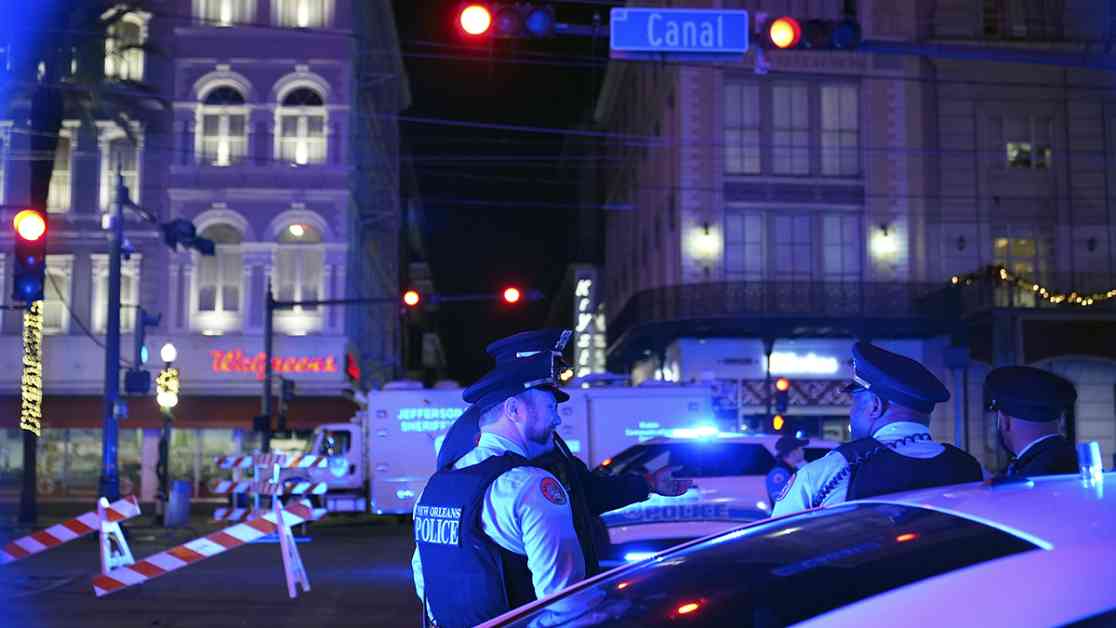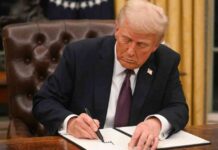Extremist Violence by Military and Veterans: A Deep Dive into New Orleans and Vegas Incidents
The recent violent attacks in New Orleans and Las Vegas have sent shockwaves through the nation, shedding light on the troubling rise of extremism among individuals with military backgrounds. The incidents, involving Shamsud-Din Jabbar in New Orleans and Matthew Livelsberger in Las Vegas, have raised critical questions about the factors driving radicalization and the potential security threats posed by those who have served in the armed forces.
The New Orleans Tragedy: Unraveling the Details
In New Orleans, Shamsud-Din Jabbar, a U.S. Army veteran, carried out a deadly rampage that left 14 individuals dead and dozens more injured. The attack, labeled as an act of terrorism inspired by the Islamic State group, shocked the nation and law enforcement officials alike. Jabbar’s use of a rare explosive compound in the IEDs he placed before the violent attack raised concerns about how he acquired the knowledge to create such homemade explosives, signaling a sophisticated level of planning.
The Las Vegas Enigma: Unraveling Motives and Consequences
Meanwhile, in Las Vegas, Matthew Livelsberger, an active duty member of the U.S. Army Special Forces, met a tragic end after an explosion outside the Trump International Hotel. The incident, where Livelsberger shot himself in a Tesla Cybertruck filled with firework mortars and camp fuel canisters, sparked speculation about the political motivations behind the attack. With ongoing investigations, authorities are grappling with the complex web of connections and potential influences that led to this violent act.
A Call for Action: Addressing Extremism Among Military Personnel
As the nation grapples with the aftermath of these devastating attacks, experts and officials are emphasizing the urgent need to address extremism within the military ranks. The data, compiled by terrorism researchers at the National Consortium for the Study of Terrorism and Responses to Terrorism, paints a concerning picture of the rising trend of radicalization among both veterans and active duty service members. While the vast majority of individuals who have served in the military uphold their duty with honor, the small fraction that turn to extremist ideologies pose a significant threat to national security and public safety.
In the face of these challenges, the Biden administration’s efforts to implement measures to counter extremism have faced political opposition, hindering progress in tackling this critical issue. The need for bipartisan support and collaborative action to combat radicalization within military circles has never been more pressing, as the safety and security of the nation hang in the balance.
As we reflect on the tragic events in New Orleans and Las Vegas, we must confront the uncomfortable truth that the threat of extremist violence knows no boundaries. It is a stark reminder that vigilance, unity, and decisive action are essential to safeguarding our communities and upholding the values of peace and security that define our nation.





















